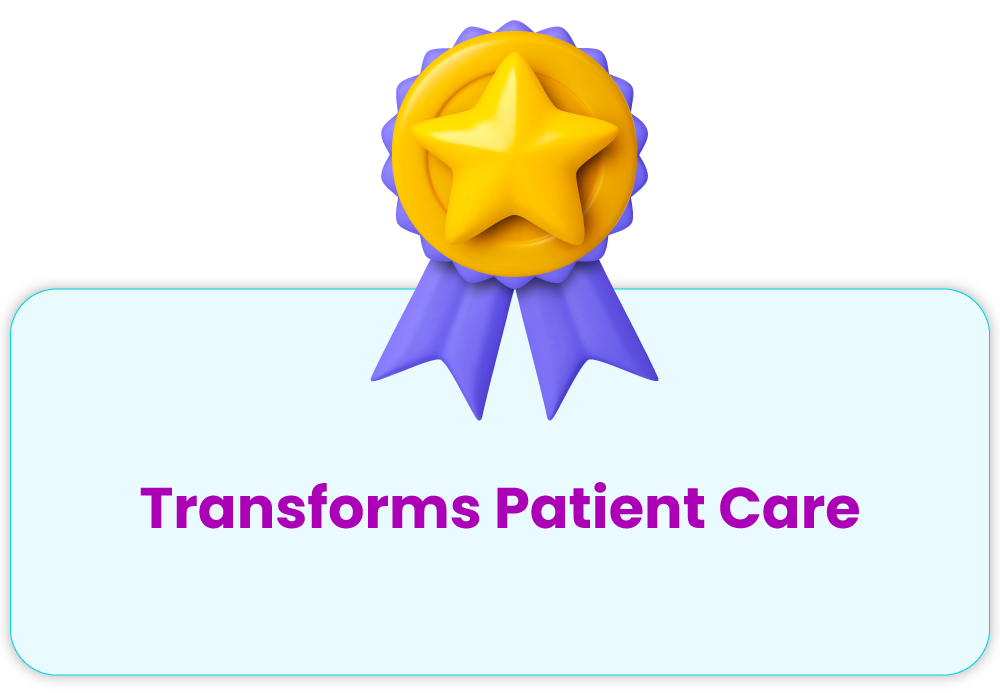
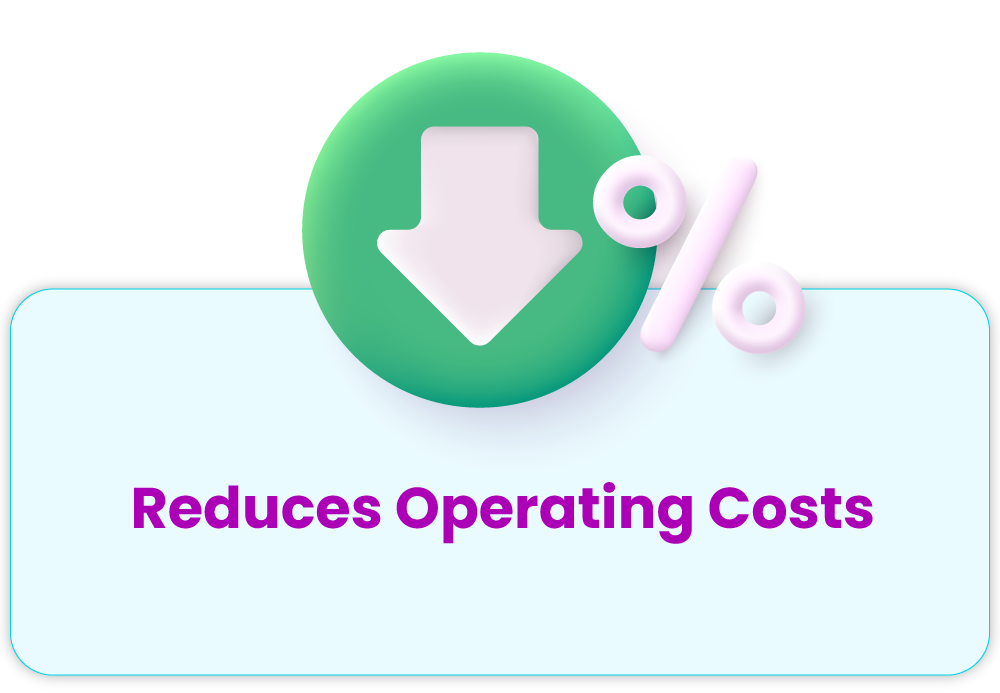
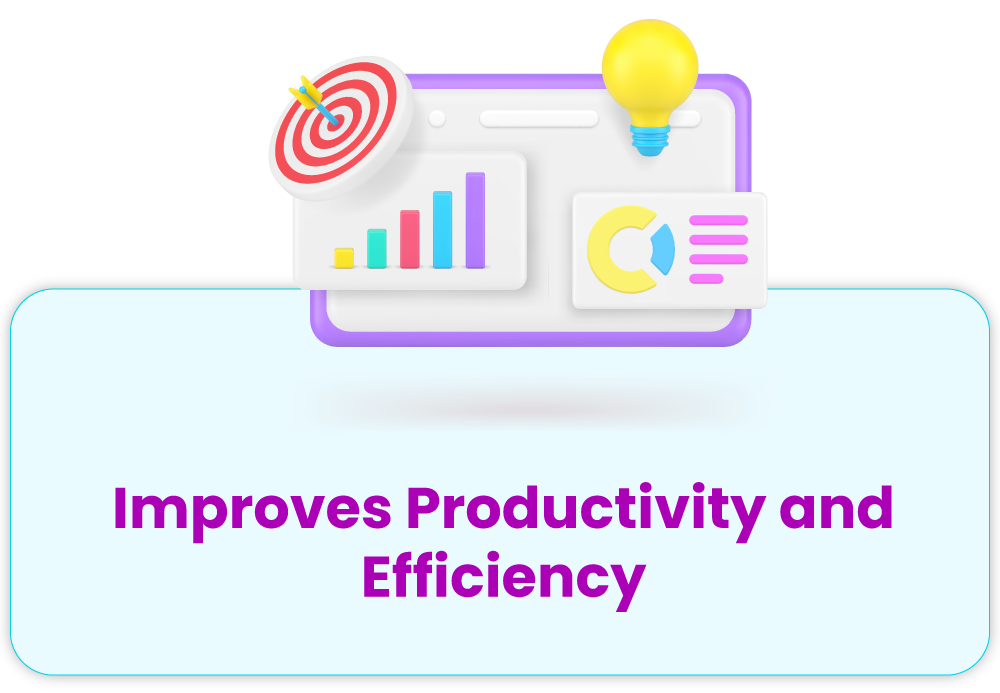
Key Benefits of Intelligent Automation:
Improves Patient Outcomes & Better Quality of Care
Increases Productivity and Efficiency
Reduces Operating Costs
Boosts Workforce Morale and Capability
Better Data Quality
Enhances Interoperability Between Systems

Stuart MacLellan – Chief Technology Officer, South London and Maudsley NHS Foundation Trust
“The e18 team have provided excellent strategic input into assessing the transformational benefits of adopting Intelligent Automation within the Trust. Engaging with key stakeholders, e18 has worked proactively to inform us of ‘best-in-class’ NHS use cases, and conducted briefing and workshop sessions to identify target areas and potential benefits to inform our decision making and prioritisation process.”
Leveraging Intelligent Automation to Support Vulnerable Patients
Community and Mental Health Trusts are leveraging Intelligent Automation to transform their operations and support delivery of the nuanced services that they provide to the population. These organisations are utilising automation to enhance the provision of long-term care, rehabilitation services, and palliative care, as well as to expand access to children and young people’s mental health services, and meet the needs of individuals with severe mental illnesses, learning disabilities, and autism.


Sharon Osterfield – Transformation Director, e18 Innovation
“Community and Mental Health organsations are unique in their priorities and the challenges that they face, which is why at e18 Innovation we are committed to bringing our clients across the UK together to collaborate when implementing Intelligent Automation solutions. By working together, we can harness the potential of transformational digital solutions to improve services, increase efficiency, and ultimately enhance the patient experience. We believe that by embracing innovation and collaboration, we can help to drive positive change in the NHS and deliver better outcomes for all.”
Use Cases:

Referral Management

Sharing Assessment Outcomes
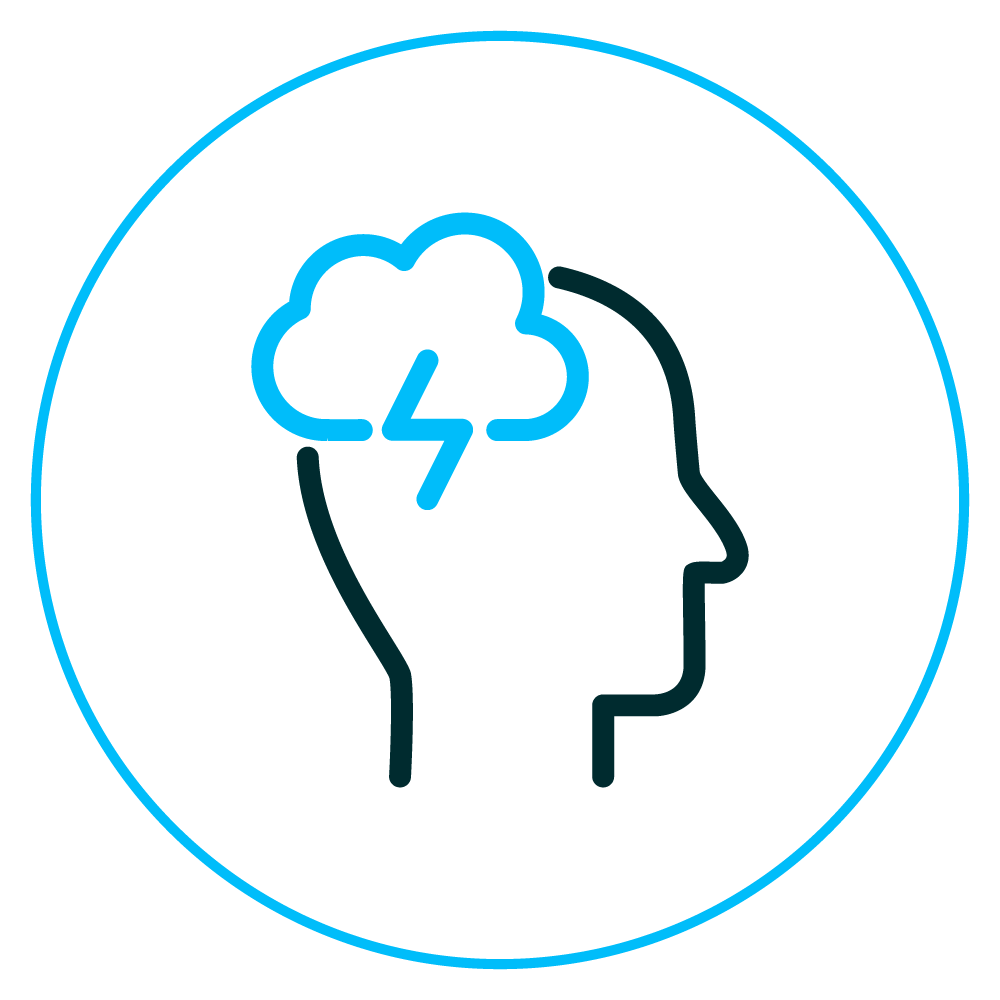
Management of Mental Health Crisis Pathways
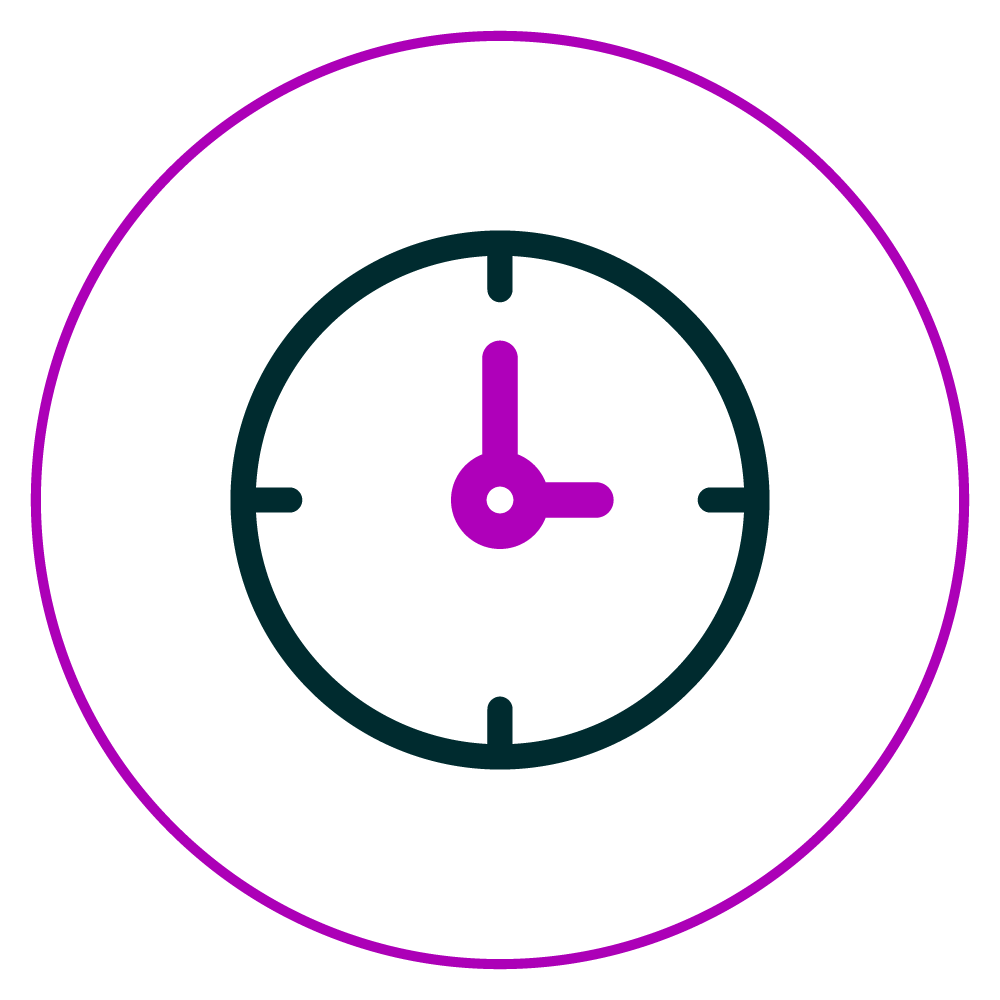
Waiting List Management

Data Migration from Remote Monitoring Devices into EPRs
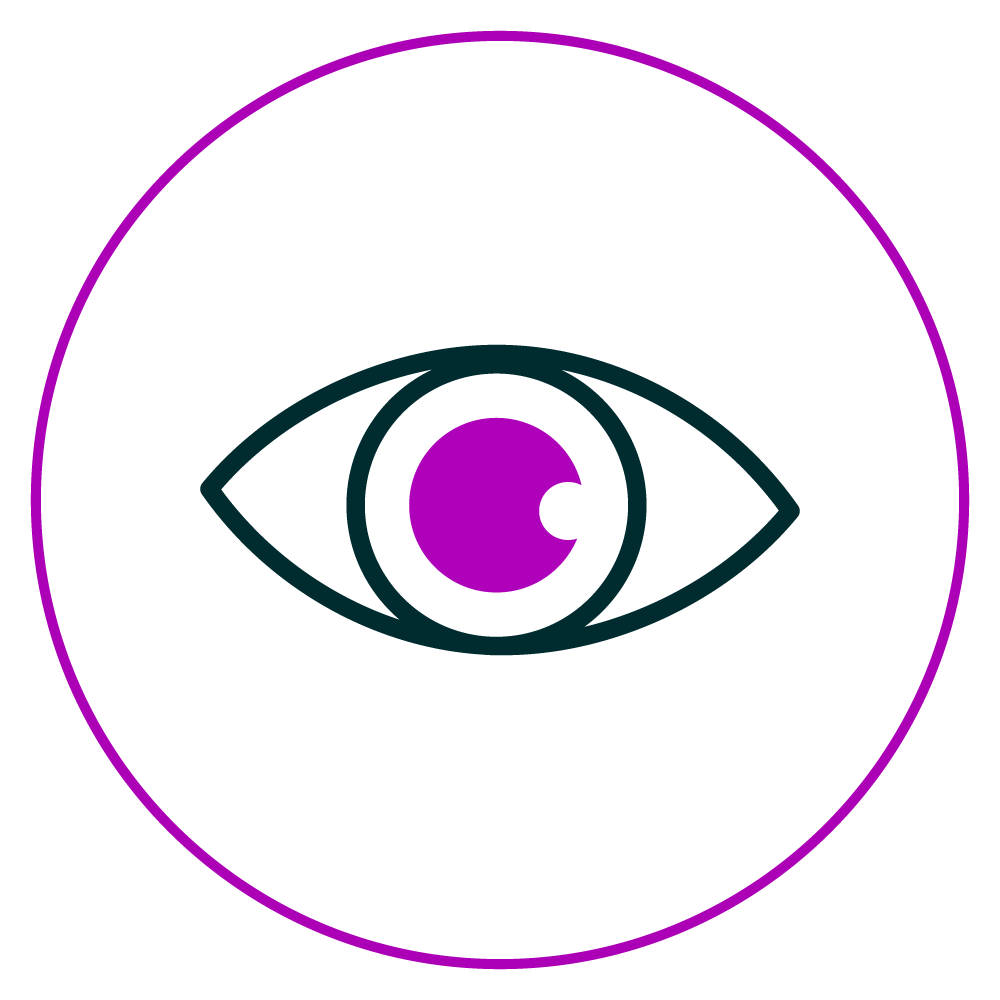
Identifying Safeguarding Supervision

Patient Discharge

Sending Appointment Reminders
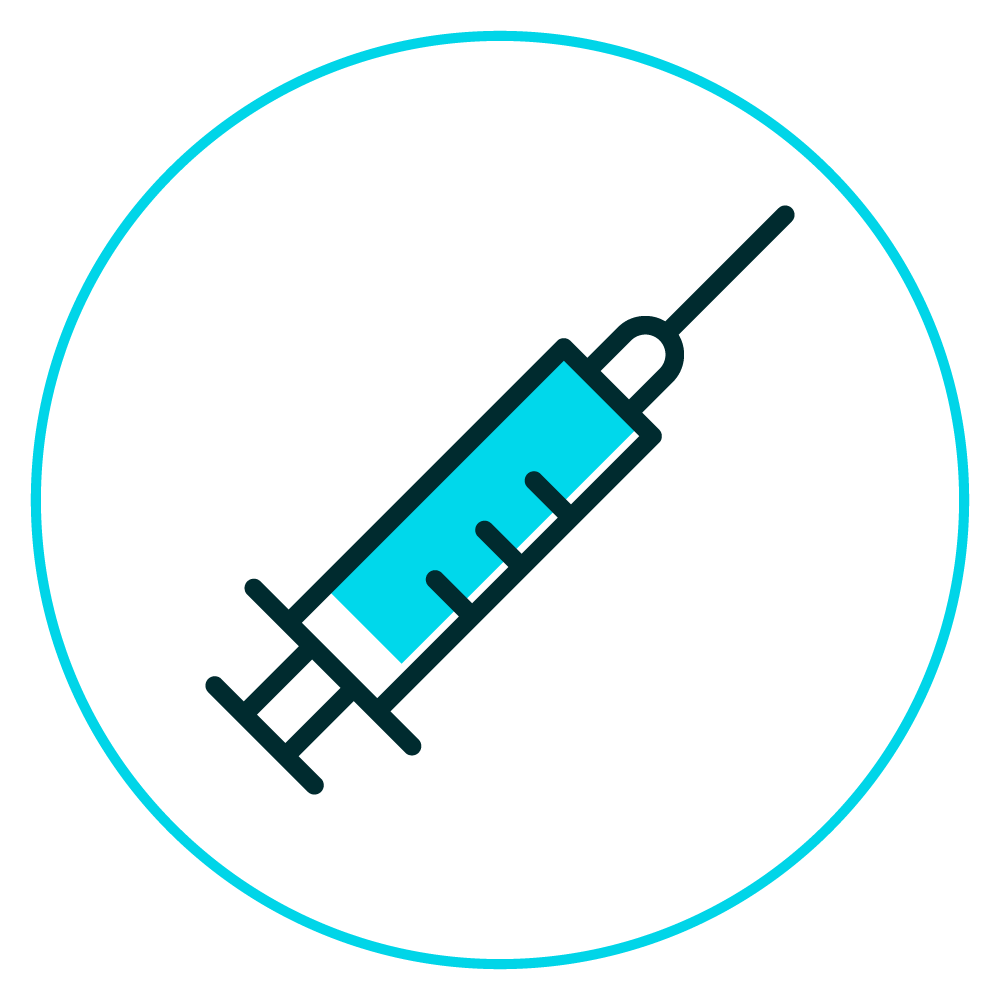
Ordering Routine Tests from GP Practices
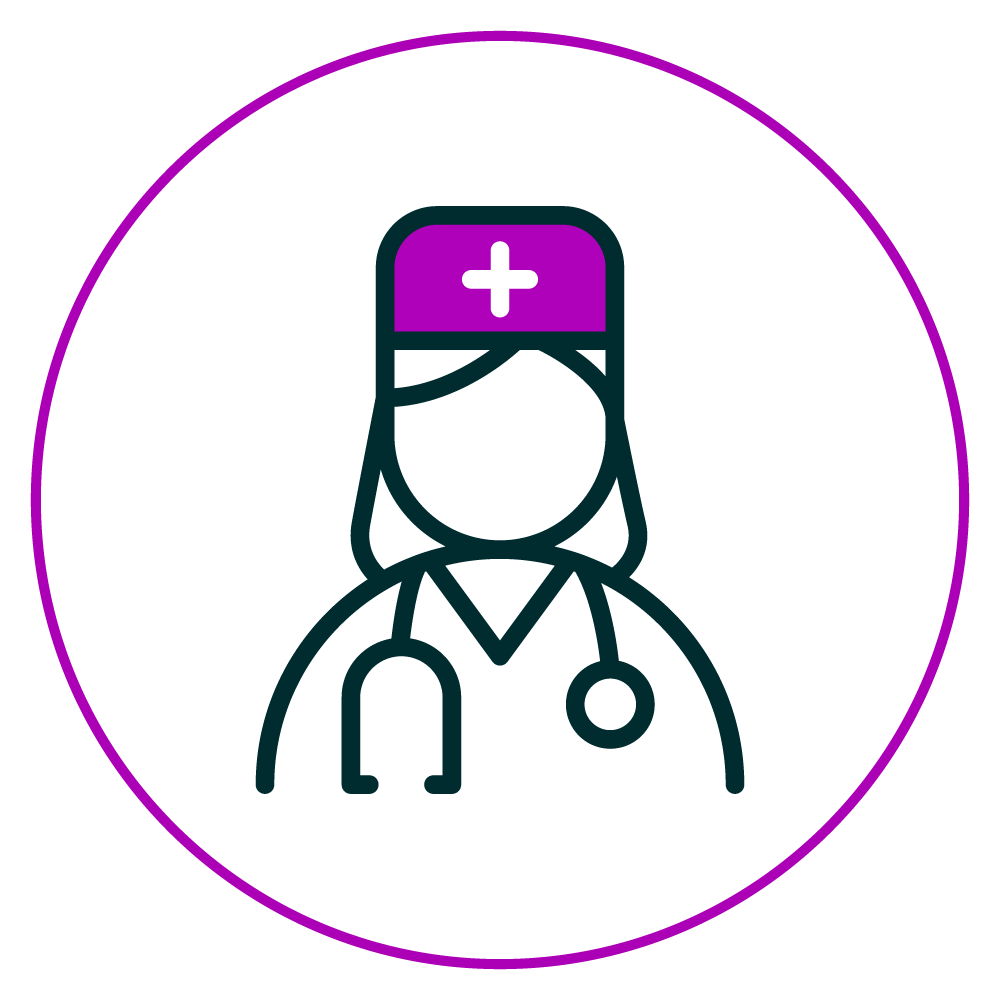
Staff Mental Health Support





